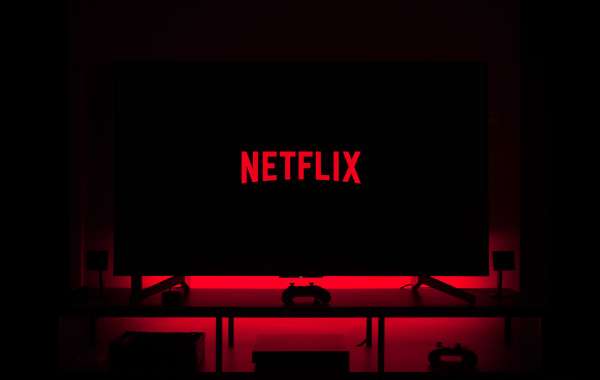Over the past decade, Netflix has become a household name and a force to be reckoned with in the entertainment industry. What started as a DVD-by-mail service has now evolved into a global streaming platform with millions of subscribers in over 190 countries. The company has revolutionized the way we consume content and has disrupted traditional media models. In this article, we will take a closer look at the rise of Netflix and its impact on the entertainment industry.
The Early Days of Netflix
Netflix was founded in 1997 by Reed Hastings and Marc Randolph, who came up with the idea of a DVD rental-by-mail service after Hastings was charged $40 for a late fee for a VHS copy of Apollo 13. The idea was to allow customers to rent DVDs online and have them delivered to their doorstep. Netflix launched its subscription service in 1999 and quickly gained popularity among movie lovers who wanted the convenience of renting movies from home.
In 2007, Netflix launched its streaming service, which allowed subscribers to stream movies and TV shows online. The streaming service was a game-changer, as it provided unlimited access to a vast library of content for a flat monthly fee. The company's early success was driven by its innovative business model, which focused on providing customers with a personalized experience and leveraging data to make informed decisions about content.
The Rise of Original Content
In 2013, Netflix took a bold step by producing its first original series, House of Cards. The political drama, which starred Kevin Spacey and Robin Wright, was an instant hit and won several Emmy awards. This move marked a significant shift in the company's strategy, as it signaled a move away from simply licensing content to producing its own content.
Since then, Netflix has continued to invest heavily in original content, producing critically acclaimed shows such as Stranger Things, The Crown, and Narcos. By producing its own content, Netflix has been able to differentiate itself from its competitors and provide subscribers with exclusive content that they cannot find anywhere else. The company's success with original content has also enabled it to negotiate better deals with studios and networks for licensing their content.
Disrupting the Traditional Media Model
Netflix's success has disrupted the traditional media model, which relied on TV networks and cable companies to distribute content. The rise of streaming services has challenged the dominance of cable companies, and has given consumers more options for how they consume content. With the ability to watch content on-demand, viewers are no longer beholden to traditional broadcast schedules.
This shift has also led to a fragmentation of the media landscape, as more and more streaming services have entered the market. However, Netflix has remained the dominant player, with a vast library of content and a loyal subscriber base.
The Future of Netflix
Looking to the future, Netflix faces several challenges. The company must continue to invest in original content to stay ahead of its competitors, while also managing its growing debt. In addition, the company faces increasing competition from new streaming services such as Disney+, HBO Max, and Amazon Prime Video.
Despite these challenges, Netflix's future looks bright. The company has proven that it can adapt to changing market conditions and has shown a willingness to take risks in order to stay ahead of its competitors. With its massive library of content and commitment to original programming, Netflix is poised to remain a dominant player in the entertainment industry for years to come.
Conclusion
Netflix's rise to dominance in the entertainment industry is a testament to the power of innovation and disruption. By challenging the traditional media model and investing in original content, Netflix has transformed the way we consume entertainment. As the company continues to evolve and adapt to changing market conditions, it will be interesting to see what the future holds for this streaming giant. For More Info: StandardFlox








